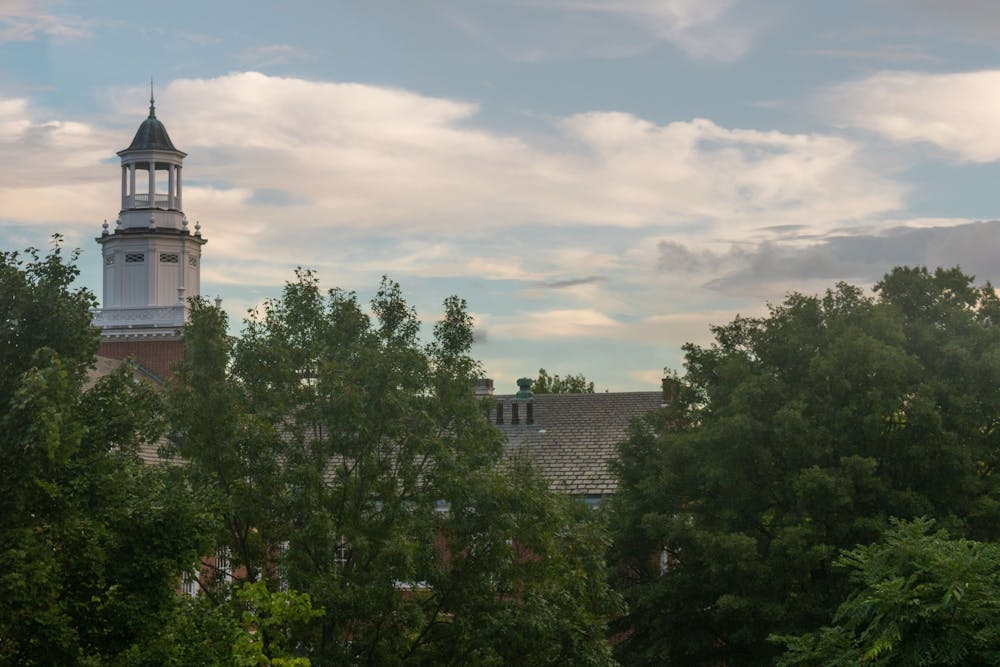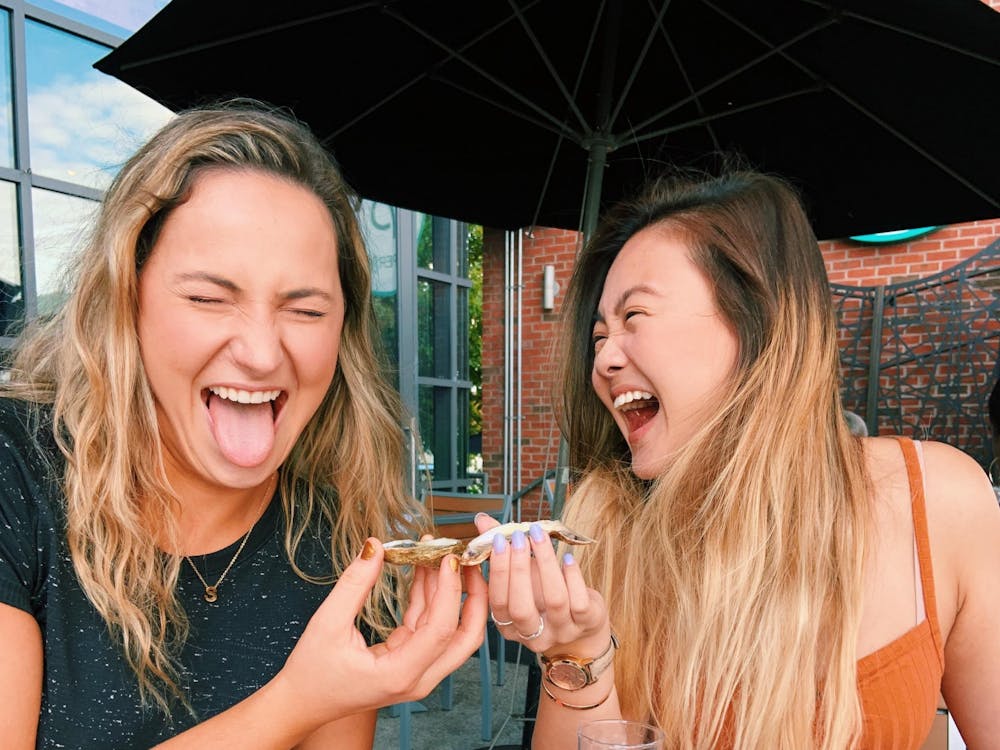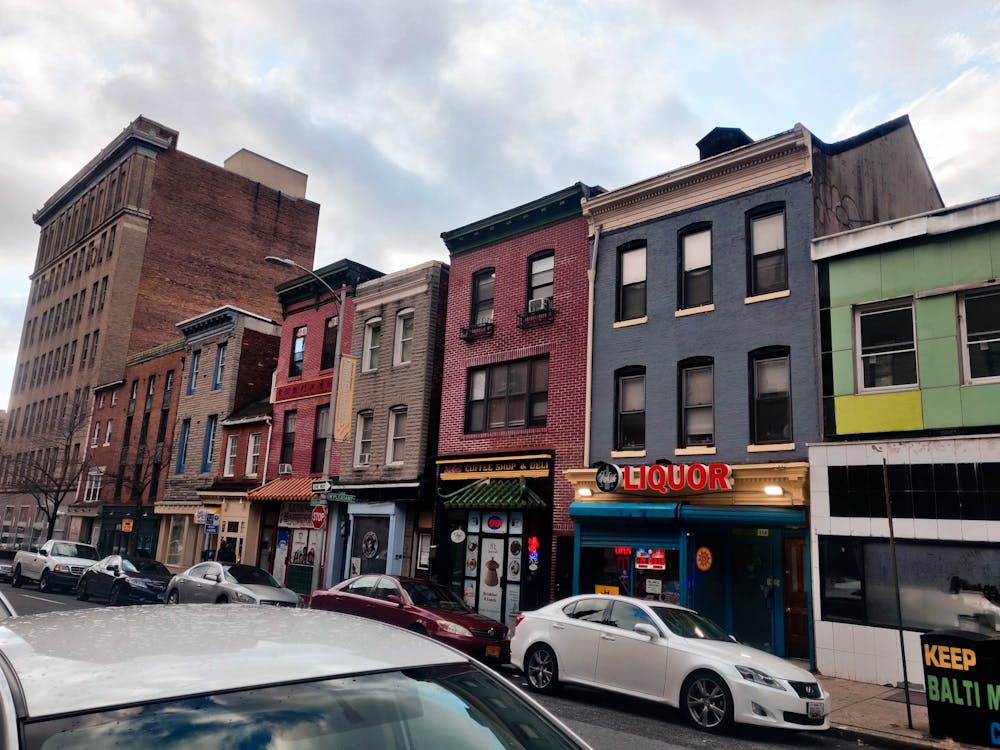The past three years have been some of the most personally challenging and enjoyable of my life. From the friendships formed in the traditional dorm halls of the AMRs or the long nights spent alone in a study room closed off to the world, Hopkins has given me some great times. It does feel a little strange that I’m graduating because I don’t feel any different as an unemployed adult versus as a full-time student.
As a student here, there are many important things that the average high school applicant wouldn’t know about Hopkins. Here are some of those things:
Student culture and diversity
There is no such thing as the typical Hopkins student. There are certainly many people who fit the mold: people who stay up on long nights in Brody’s A-level wasting time, who complain or brag about their score on a organic chemistry exam. But there are also the film students, the journalistically inclined and the history buffs.
Personally, I like staying in my room and playing video games, watching movies in between. Others might enjoy drinking in a sweaty fraternity basement with ear-shattering music, mystery liquid coating the ground.
Drinking culture here is pretty standard. I don’t think anyone cares if you choose to drink or not. Spending your weekends at parties instead of the library might also be a good way to expand your social skills and turn out like a normal person, rather than some dude who sits at home writing pieces for The News-Letter and gets frustrated about cheaters in Counter-Strike: Global Offensive.
Research
Hopkins likes to brag to admissions tourists about being America’s first research university, and it’s a big part of the appeal to applicants. But there are a lot of different types of research. For instance, I got involved in a typical basic science lab in freshman year, thinking I would love it, but in reality, you mainly do the grunt work of pipetting and most of the higher-level literature review and experiment planning stuff goes above your head when you don’t have a background in it. Plus, your research mentors go out on a limb when they let an undergraduate like you start planning experiments.
I personally am more interested in clinical research as a pre-med who looks to become a great practitioner and care provider first, and researcher second. It is a lot less draining and more interesting to me, and I think a lot of pre-med freshmen coming in don’t really know about clinical research and join a basic science lab like I did, and they end up hating research because of it.
Of course, you absolutely do not have to do research here. The blossoming entrepreneurship ecosystem is developing every day, and if you have an idea and have the motivation to pursue it, I guarantee there is funding for you. And that means dollars in your pocket to do you.
I can’t speak much to clubs and Greek life as they didn’t play a big part of my Hopkins experience, but I’m sure you can hear all about it from the very interesting people who give admissions tours.
Biomedical Engineering
Biomedical Engineering (BME). Our pride and joy. Number one or two or whatever in the U.S. News and World Report rankings, regarded with prestige by parents around the globe. I don’t think that going to any other biomedical engineering program would necessarily miss any of the skills required to be prepared for a career, but there are things that make this program unique and potentially worth the money.
First, biomedical engineering is the greatest major at Hopkins. There is no other program where you can gain the breadth of knowledge you do in BME. As a BME, you are always one step ahead of everyone else in your classes. If you are taking an engineering heavy class, you have the background of the anatomy and physiology that the other engineering majors do not. If you are taking a biology class, you will be light-years ahead on any computational aspects of the course because they are piece of cake compared to the core BME classes.
Perhaps more important, though, is the ability to be taught by some of the best in their respective fields. You make personal connections in the research and engineering communities that will launch your career right from the start.
Moving to Hopkins, and moving to Baltimore, can be an abrupt change, but it’s a great city if you can figure out how to make the best of it. My way was writing food and drink articles for The News-Letter, giving me an introduction to “The Greatest City in America” in a more forgiving relatable way.
Well, that’s all I have to say for now. Goodbye, Hopkins!

















